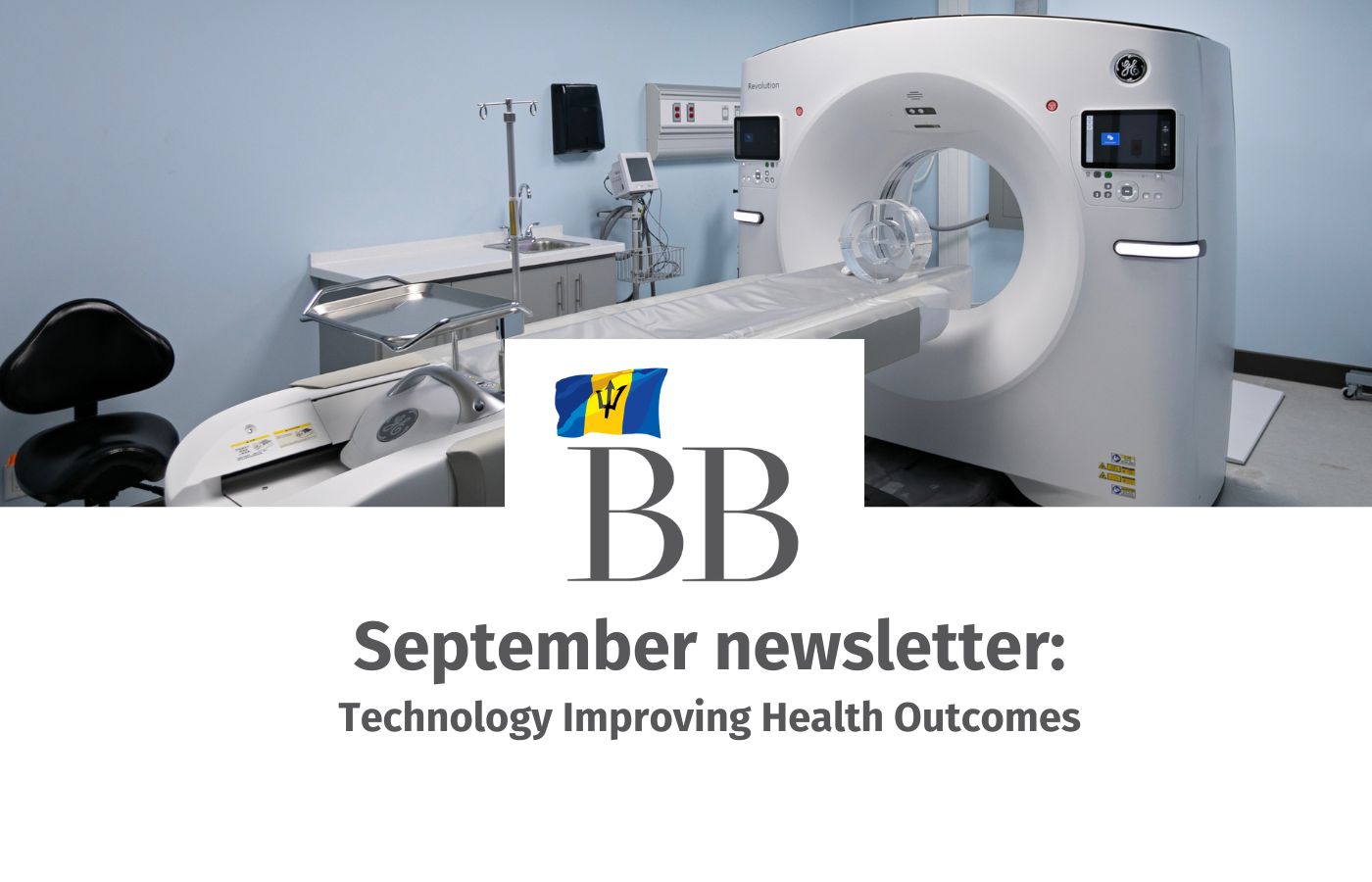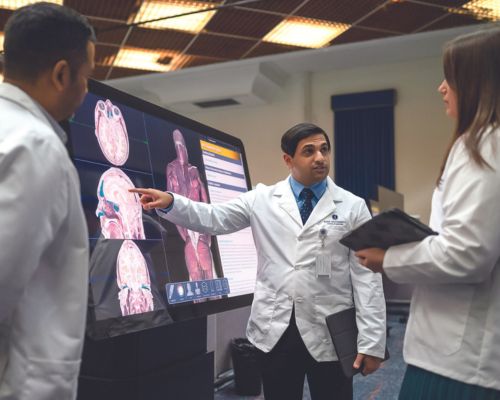
The state of healthcare is a hot topic in Barbados concerning rising demand for services among a population that is suffering from high chronic-disease burdens, ballooning healthcare spending, continuing workforce shortages, widening health inequities, and the harmful effects of climate change on health. Given the magnitude of these challenges, meeting the soaring demand for healthcare with traditional approaches and ways of working will likely be unsustainable according to a new report by KPMG launched in Barbados last week.
This report titled, ‘Healthcare Horizons Revisited’ states that progress towards a future where healthcare systems stay widely accessible to their populations will likely require fundamental paradigm shifts across a combination of technology, workforces, integration of care, and community activation – not technology in silo.
Dr. Anna van Poucke, Global Head of Healthcare, KPMG International, who launched the report in Barbados, said:
“The case for transformation in healthcare is solid. KPMG professionals feel that action should be taken now to help improve sustainability and resilience of healthcare systems. At the same time, realizing that the depth of transformation required for a truly sustainable and inclusive future is daunting. The Healthcare Horizons Revisited report showcases leading examples and transformer interviews that illustrate where radical change is already happening. These are offered to provide hope to healthcare leaders here in Barbados and around the world. While change is not easy or fast, these encouraging examples show it is possible.”
The report reveals five predictions for what characteristics of inclusive and sustainable health systems may look like in the future. It also offers design guidelines for the future, based on uplifted and expanded workforces; hyper-integrated systems; empowered communities; primary care at scale; and hospitals as high-tech hubs. Although advancements in technology will be critical to the success of each prediction, this KPMG report warns that a tech-only approach to transforming healthcare risks alienating workforces and increasing health inequities, leaving already vulnerable populations behind.
KPMG professionals provide five predictions on the key characteristics for inclusive and sustainable health systems:
1. Uplifted and expanded workforces that use technology to free up clinician capacity by delegating or automating administrative and clinical tasks (where possible), and training professionals and support staff in micro-credentials for hyper-specialized tasks in community care.
2. Hyper-integrated systems that address health issues by taking preventative and proactive approaches and also focus on the social and cultural needs of communities. These systems adopt regional workforce perspectives that enable workers to be deployed flexibly across various geographies and care settings.
3. Empowered communities are activated to help deliver care to their most vulnerable members. A data driven approach is key here, with health data shared securely at the regional and national levels, and between different healthcare facilities to offer more complete pictures of peoples’ health.
4. Primary care that strives to keep populations healthy and out of hospital. To enhance efficiency and access, primary care networks deploy economies at scale in the front and back office and offer a range of multidisciplinary services. These networks are supported by advanced technology and data overviews of patients and populations to support timely interventions.
5. Hospitals as high-tech knowledge hubs that focus on complex and 24/7 emergency care. These hubs provide specialized knowledge to guide clinicians in tertiary facilities and community health workers. These facilities also tap into leading expertise via a global network, particularly on complicated cases or rare conditions.
In developing the report, KPMG solicited and reviewed more than 50 leading healthcare transformation case studies from 18 countries and territories, to identify several real-life examples of innovative approaches and their outcomes. Interviews were also conducted with leaders who have headed up major transformation programs in several countries to derive insights on the details of the system transformation and the change process itself. Based on these activities, data from the KPMG global tech report 2024, and secondary research, the report provides a compelling case for transformation in healthcare systems to help ensure they are future-fit to deliver quality care that is equitable, by workforces who are happy, productive, and empowered by emerging technology – not frustrated by it.












-8.avif)














